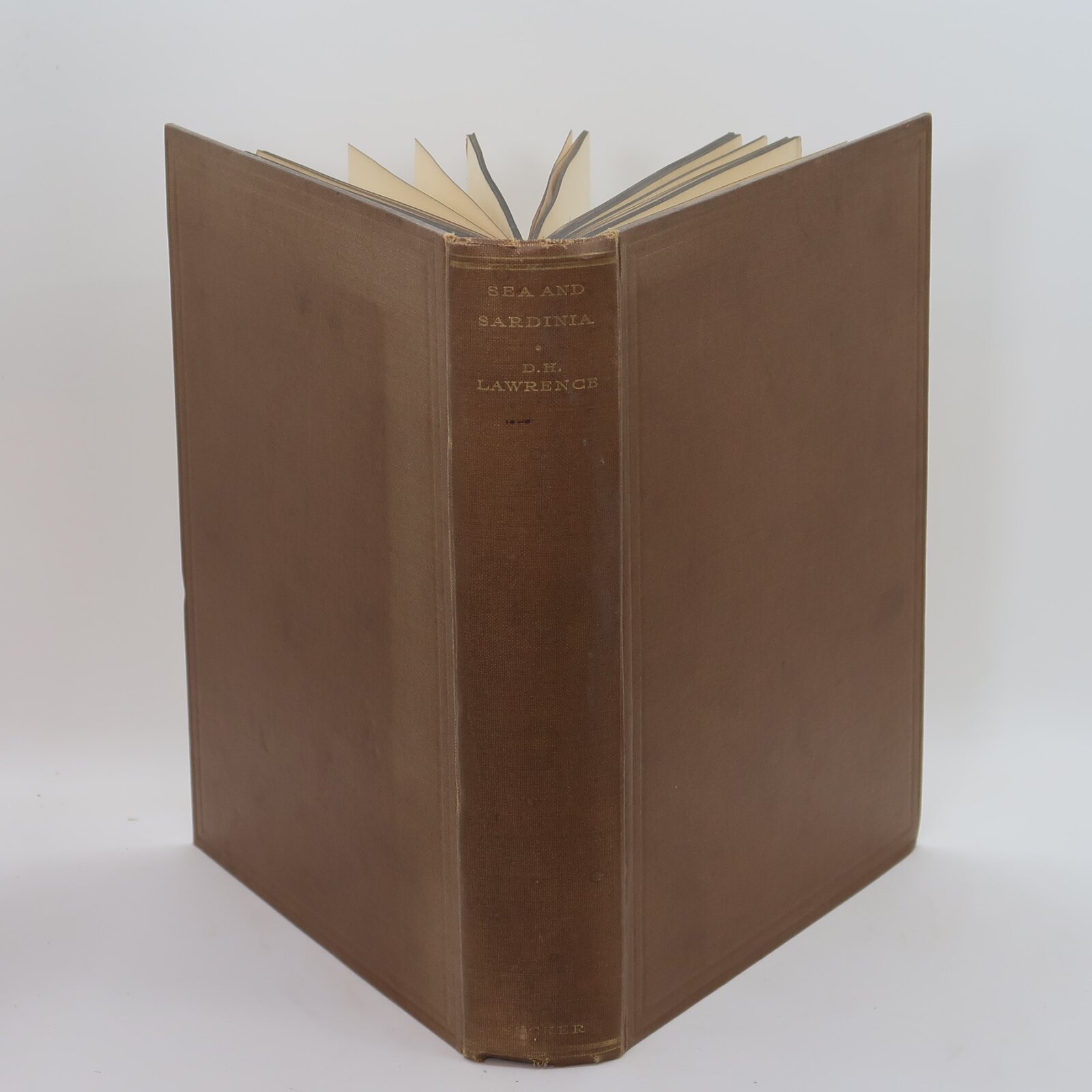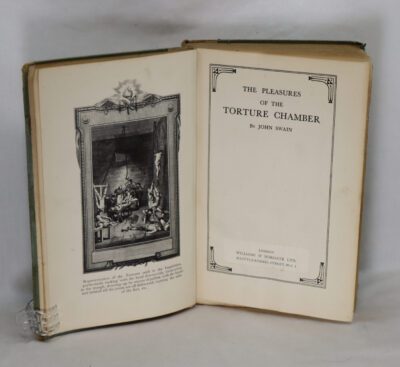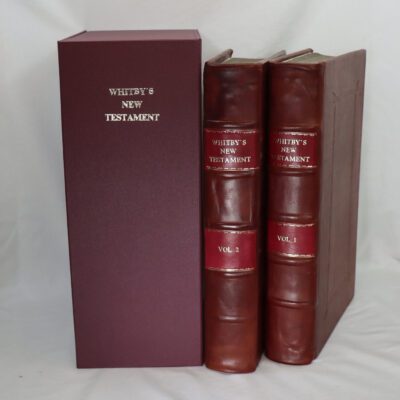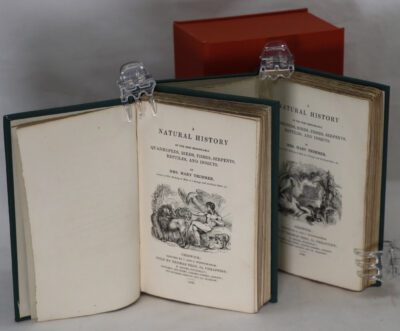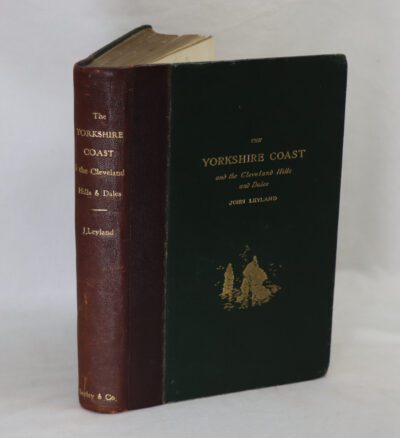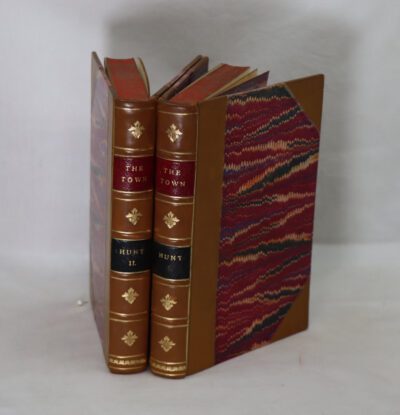Sea and Sardinia. D.H. Lawrence.
By D.H. Lawrence
Printed: 1923
Publisher: Martin Secker. London
| Dimensions | 19 × 23 × 4 cm |
|---|
Language: Not stated
Size (cminches): 19 x 23 x 4
Condition: Fine (See explanation of ratings)
FREE shipping
Your items
Item information
Description
Brown cloth binding with gilt title on the spine.
An excellent collectors edition
First British Edition along with US illustrations
Sea and Sardinia is a travel book by the English writer D. H. Lawrence. It describes a brief excursion undertaken in January 1921 by Lawrence and his wife Frieda, a.k.a. Queen Bee, from Taormina in Sicily to the interior of Sardinia. They visited Cagliari, Mandas, Sorgono, and Nuoro. His visit to Nuoro was a kind of homage to Grazia Deledda but involved no personal encounter. Despite the brevity of his visit, Lawrence distils an essence of the island and its people that is still recognisable today. Extracts were originally printed in The Dial during October and November 1921 and the book was first published in New York, USA in 1921 by Thomas Seltzer, with illustrations by Jan Juta. A British edition, published by Martin Secker, came out in April 1923.
David Herbert Lawrence (11 September 1885 – 2 March 1930) was an English writer and poet. His collected works represent, among other things, an extended reflection upon the dehumanising effects of modernity and industrialisation. Lawrence’s writing explores issues such as sexuality, emotional health, vitality, spontaneity, and instinct. His novels include Sons and Lovers, The Rainbow, Women in Love, and Lady Chatterley’s Lover.
Lawrence’s opinions earned him many enemies and he endured official persecution, censorship, and misrepresentation of his creative work throughout the second half of his life, much of which he spent in a voluntary exile he called his “savage pilgrimage”. At the time of his death, his public reputation was that of a pornographer who had wasted his considerable talents. E. M. Forster, in an obituary notice, challenged this widely held view, describing him as “the greatest imaginative novelist of our generation.” Later, the literary critic F. R. Leavis championed both his artistic integrity and his moral seriousness.
Want to know more about this item?
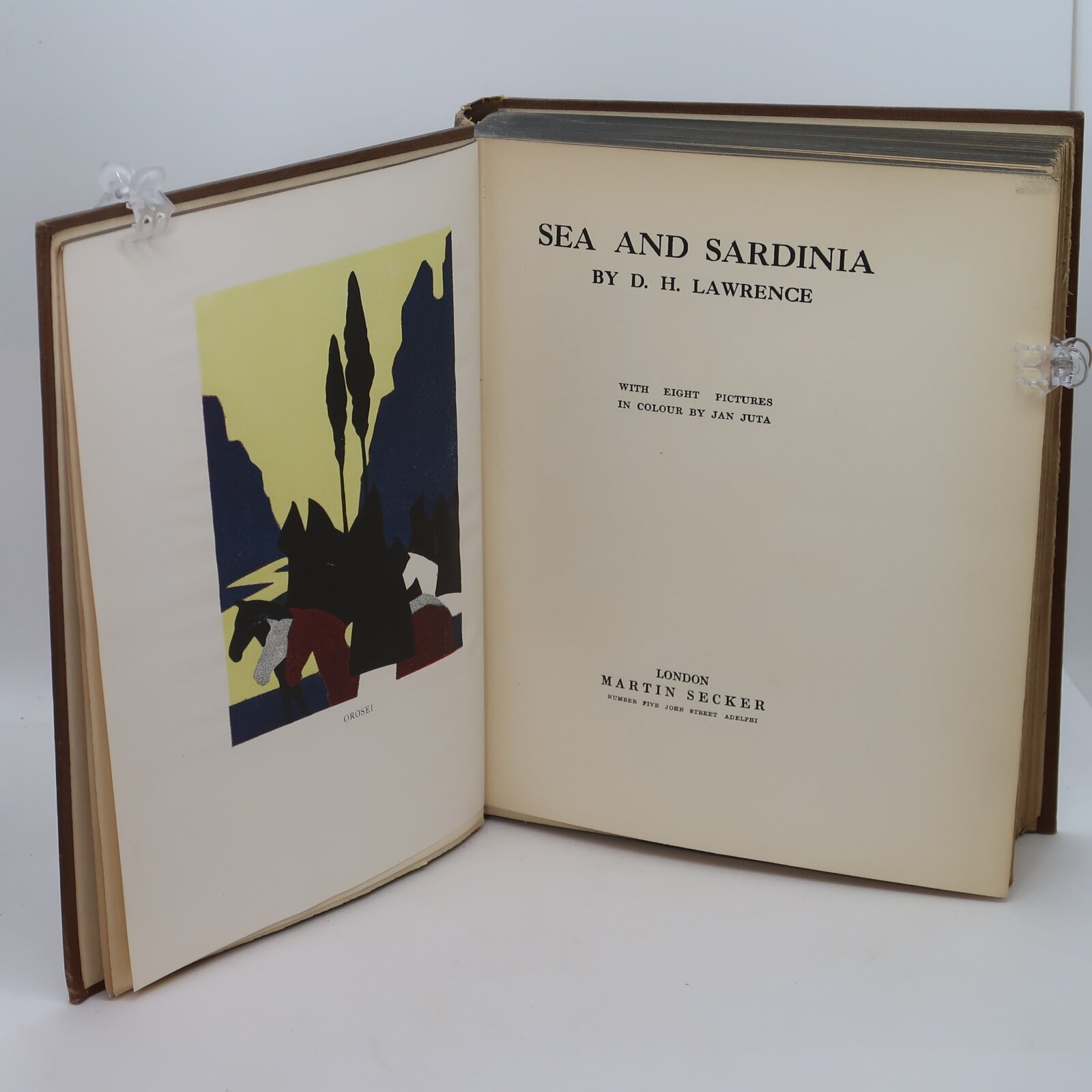
Related products
Share this Page with a friend

